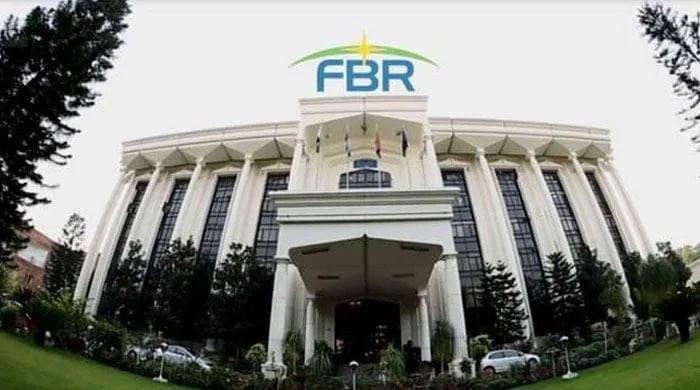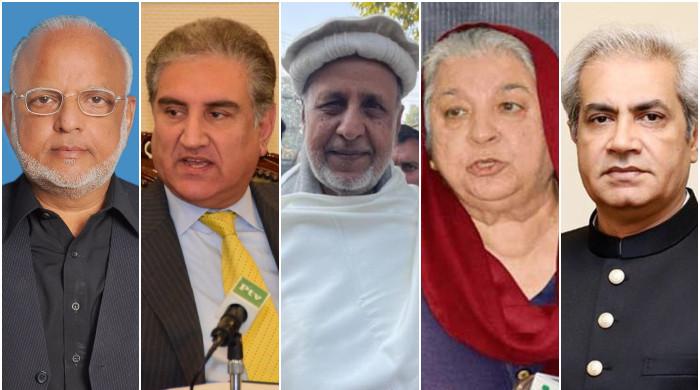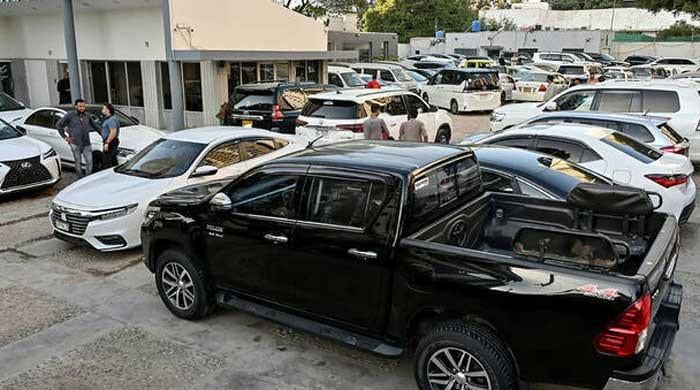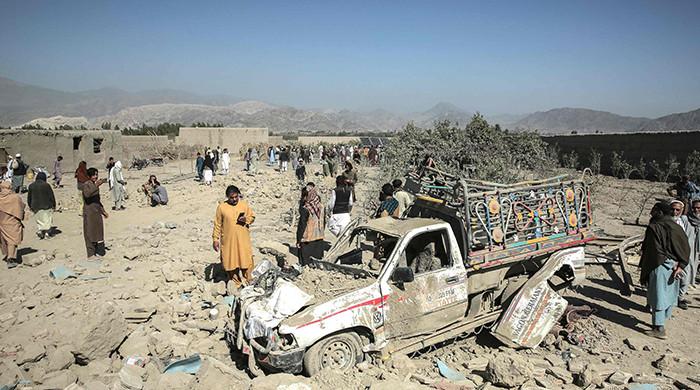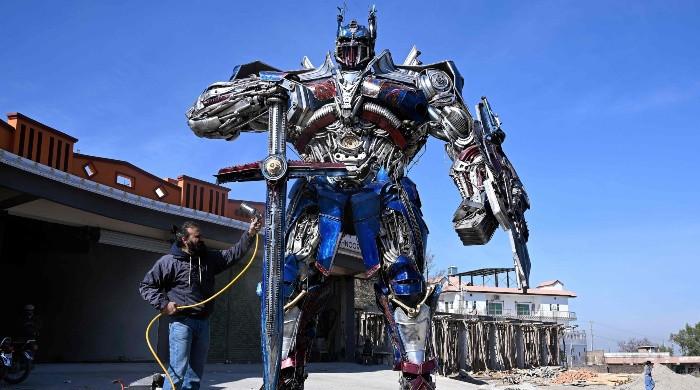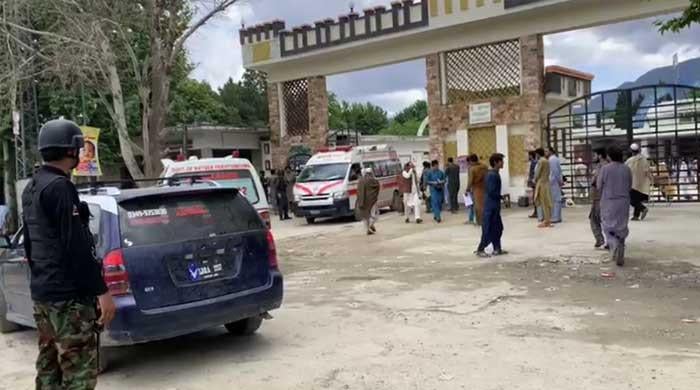Govt that fails to ensure rights to be deemed guilty in world, afterlife: top religious authority
Forum terms suicide attacks against Shariah, underscores state's exclusive right to carry out armed actions
January 31, 2024
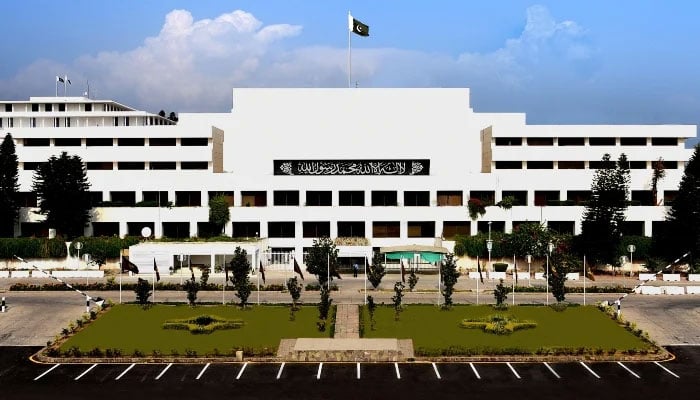
- Council calls for protection of people's life, property and honour.
- Underscores state's exclusive right to carry out armed actions.
- Conditions right to protest with compliance with Shariah principles.
As Pakistan gears up for upcoming elections, the Council of Islamic Ideology (CII) has said that a government which fails to provide and uphold the people's rights will be warranted to be deemed as a "failure".
"If any government fails to meet the legitimate demands of the people and their rights due to its incompetence and [prevailing] injustice, [such government] is to be deemed guilty in the world, afterlife," the CII said in a statement on Wednesday.
The top religious authority's remarks come as the nation of over 241 million, with its more than 128 million voters, would exercise their fundamental right by electing their representatives on February 8.
In a statement, the ICC — a constitutional body that advises the legislature with regard to religious guidelines of its laws and measures — called for the provision of basic utilities to the masses.
Urging the government to ensure that people's lives, belongings and honour are protected, the forum stressed the need for guaranteed provision of basic human needs such as food, shelter and clothing at affordable prices.
"The state is bound to devote all its energy [and resources] to meet the legitimate demands of the masses," it noted.
Reacting to armed struggle against the state by certain elements, the body highlighted that such acts are contradictory to unanimous fatwas (religious decrees) issued by various scholars.
Only the state has the right to carry out armed actions, it stressed while terming suicide attacks as being against the Shariah.
Addressing the issue of people's right to protest, the body said that the masses are allowed to adopt any method of protesting for their legitimate rights as long as it complies with Shariah and is free from socio-cultural and moral corruption.
"It is not permissible [in Islam] to harm people's lives, to hurt people, to damage private and public property during the protest," the CII said adding that hurling accusations, resorting to slander, lying and spreading false news is strictly prohibited in Islam.
It also underscored that those responsible for damaging someone's property are liable for compensation to the aggrieved party — and if those responsible are unknown, then the government has to provide the necessary compensation.




